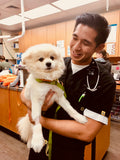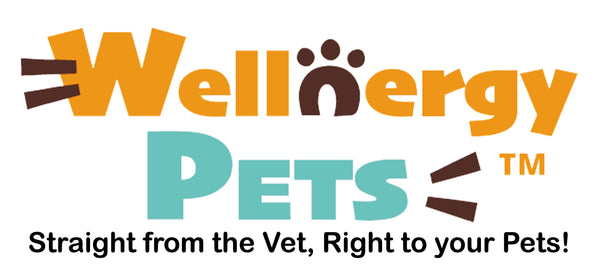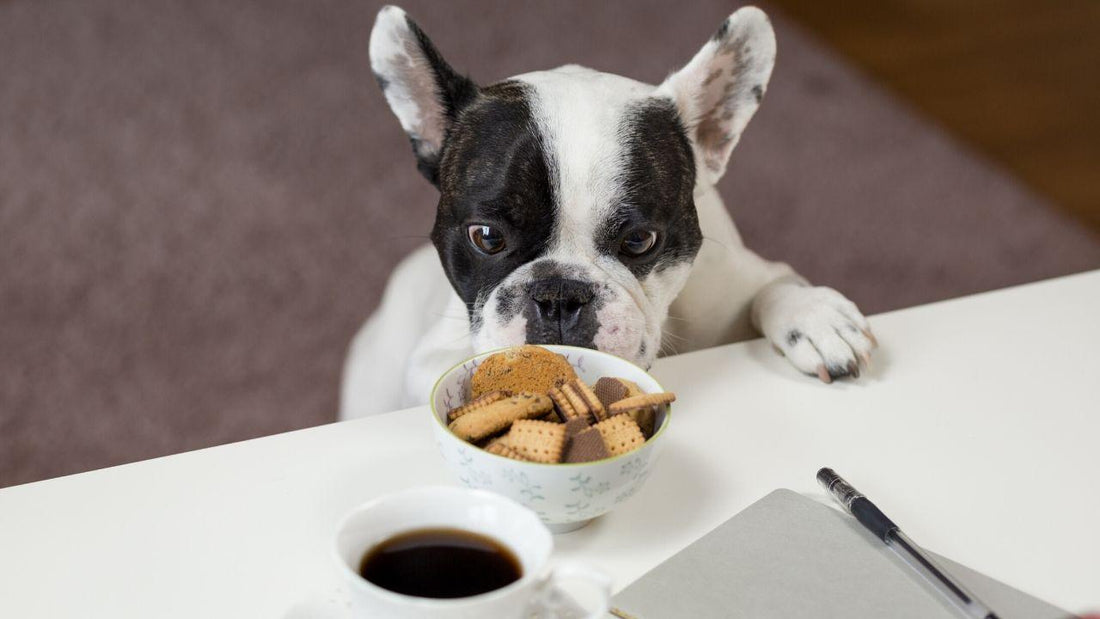It’s dinner time—your family is having pizza, and your dog Scooby is in front of you, looking at you straight in the eye. You know what he wants, and you can’t help but give in to those puppy eyes. It’s a situation we dog-lovers face every day! While it can be tempting to give into the puppy eyes and share your food with your dog, food we consider tasty and nutritious may actually be dangerous for our pets. Below are a few potentially harmful foods to dogs:

1. Alcohol: Alcohol, even in small amounts, are significantly more toxic to pets than to humans. It can often cause diarrhea, vomiting, incoordination, difficulty breathing, tremors, coma, and even death.

2. Chocolate, Coffee, and Caffeine: Caffeine and chocolate contain Methylxanthines and Theobromine, which may cause vomiting, diarrhea, overstimulation, abnormal heart beats, tremors and seizures. These effects on your pet’s GI tract, heart, and nervous system may be seen between 4-24 hours after ingestion. The darker the chocolate, the more toxic it is to your pet, with baking chocolate being the most toxic.

3. Onions, Garlic, and Chives: These vegetables not only cause digestive tract irritation, but also can cause severe anemias through red blood cell damage. All forms (powder, raw, cooked, etc…) are toxic and signs can occur days after ingestion. Watch for vomiting, diarrhea, and more importantly, pale gums, fainting, and lethargy.

4. Grapes and Raisins: These fruits have the potential to cause severe kidney failure in sensitive pets. It is unknown which pets are more susceptible to grape and raisin toxicity, but the consequences are so severe, it is best to avoid feeding these fruits to dogs as a whole.

5. Macadamia Nuts and Other Nuts: When ingested, macadamia nuts can cause weakness, vomiting, tremors, and fevers in pets within 12 hours of consumption and signs last for up to 2 days. Other nuts, such as almonds, pecans, and walnuts have high levels of oils and fats and are prone to causing digestive tract issues such as vomiting, diarrhea, and potentially severe pancreatitis.

6. Yeast Dough: Yeast dough rises, which can cause gas to accumulate in your pet’s digestive tract. The result can range from stomach bloating and pain to digestive tract blockage or twisting.

7. Raw Meat, Eggs, and Bones: While there has been a recent trend in feeding your pets raw meat, raw meats and eggs often contain bacteria such as Salmonella and E. Coli, which can be dangerous to both you and your pets and cause a host of digestive tract issues. The best way to keep free of that issues is to avoid the practice of feeding raw meats and eggs a whole. Additionally, feeding pets bones can be dangerous, as they have the potential to choke on the bones, or sustain life threatening digestive tract injury if the bones were to splinter and puncture a dog’s stomach or intestine.

8. Xylitol: Often used as artificial sweetener in products such as gum, cakes, peanut butter, and toothpaste, xylitol causes the body to release an extremely high amount of insulin, even when ingested in small quantities. In most pets, this results in blood disorders, severe liver failure, and hypoglycemia. Signs you’ll see include vomiting, weakness, incoordination, seizures, collapse, or death.
This is not an exhaustive list and there are more potentially harmful foods to dogs out there, including but not limited to:
- Fruit seeds and pits (including Apple, Cherry, Apricot, and more)
- Moldy foods
- Avocados
- Certain Mushrooms
- Salty snacks
- And much more!
Please refer to this list of harmful foods to dogs at any time, (I made it for you!) and do your research before giving your pets table scraps. If you feel your pet has consumed any of these potentially harmful foods to dogs, please contact your local veterinarian. Let them know what they ate, how much they ate, and when they ate it. Other good resources of potential harmful pet food toxicity include the ASPCA Animal Poison Control Center or the Pet Poison Helpline.
Feel free to reach out to our team on Facebook, Instagram, E-mail, or in the comments section for any other questions.
About the Author:
 Dr. Zonram Liao D.V.M. is a Southern California native, and earned his undergraduate degree from University of California, San Diego before obtaining his veterinary degree from Ross University School of Veterinary Medicine. He is not only a firm believer in the use of supportive care supplements to improve the health and happiness of his patients, but also is a strong advocate of the benefits of preventive care medicine for his patients as well. During his free time, Dr. Liao enjoys spending his time outdoors fishing and hiking, playing basketball, watching movies, cooking, traveling, and trying new foods.
Dr. Zonram Liao D.V.M. is a Southern California native, and earned his undergraduate degree from University of California, San Diego before obtaining his veterinary degree from Ross University School of Veterinary Medicine. He is not only a firm believer in the use of supportive care supplements to improve the health and happiness of his patients, but also is a strong advocate of the benefits of preventive care medicine for his patients as well. During his free time, Dr. Liao enjoys spending his time outdoors fishing and hiking, playing basketball, watching movies, cooking, traveling, and trying new foods.


2 comments
Just the seeds and the core Daniel, the rest of the apple is no problem. 👍
Do you mean apples as a whole or just apple seeds and the core?